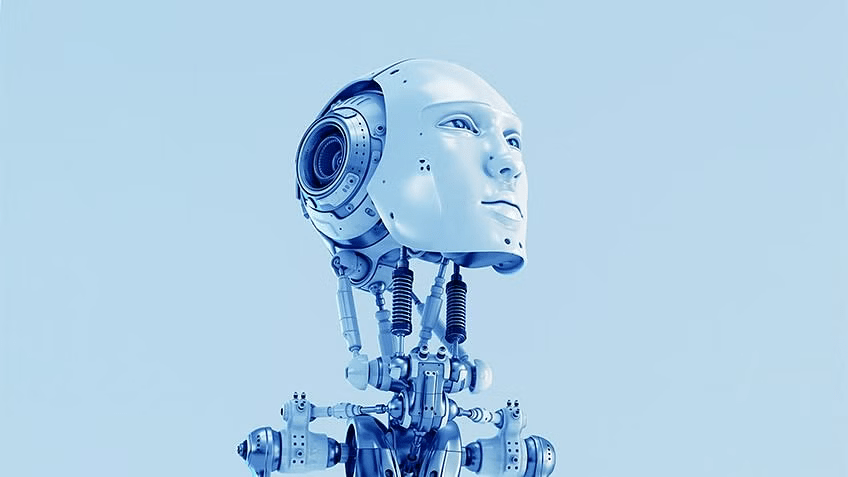Artificial Intelligence (AI) is set to transition from a tool to an essential part of both personal and professional life by 2025, according to Microsoft. This evolution will bring AI closer to users with capabilities ranging from complex problem-solving to everyday assistance, revolutionizing industries and improving efficiency. Here are six key AI trends Microsoft expects to define the future:
AI models will become faster, smarter, and more specialized. The development of advanced models, like OpenAI o1, is enabling AI to mimic human reasoning. These innovations are expanding applications in fields like law, medicine, and coding. Furthermore, Microsoft's small Phi models and Orca series highlight the potential of curated and synthetic data, offering breakthroughs in both large-scale and niche applications.
AI-powered agents are expected to transform work processes. Microsoft 365 Copilot, already used by 70% of Fortune 500 companies, will evolve to perform complex tasks autonomously. These agents will simplify operations, from generating reports to managing supply chains, freeing employees for higher-value work. Through tools like Copilot Studio, users of all skill levels can build tailored AI agents, ensuring accessibility and versatility.
Outside the workplace, AI companions like Microsoft Copilot will enhance daily life. Features such as Copilot Vision will integrate AI into personal routines, from organizing information to making purchasing decisions. With better emotional intelligence and privacy safeguards, these companions will offer users seamless, interactive experiences.
Microsoft also emphasizes sustainability in AI. By improving infrastructure efficiency, such as with liquid cooling systems and carbon-free energy sources, the company is addressing resource demands. These initiatives align with Microsoft's broader environmental goals to achieve carbon negativity and zero waste by 2030.
Responsible AI development remains a priority. Microsoft is enhancing testing methods to mitigate risks like hallucinations and external threats. Additionally, new customization options will allow organizations to set precise controls, ensuring AI aligns with workplace standards and ethical guidelines.
Lastly, AI is accelerating scientific breakthroughs. Tools like Microsoft's AI-driven protein simulation system are unlocking new capabilities in drug discovery and sustainable materials research. In 2025, AI’s impact on science is expected to grow, driving progress on pressing global challenges.
As Chris Young, Microsoft’s executive vice president, stated, “This is the start of a full-scale transformation of how this technology will change every part of our lives.”
Read More






 Saturday, 28-02-26
Saturday, 28-02-26







